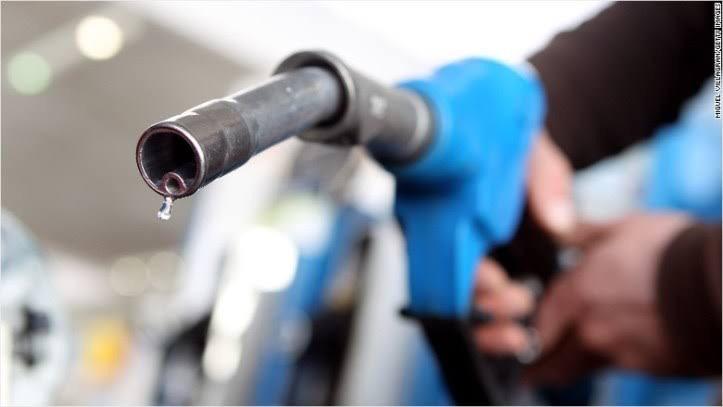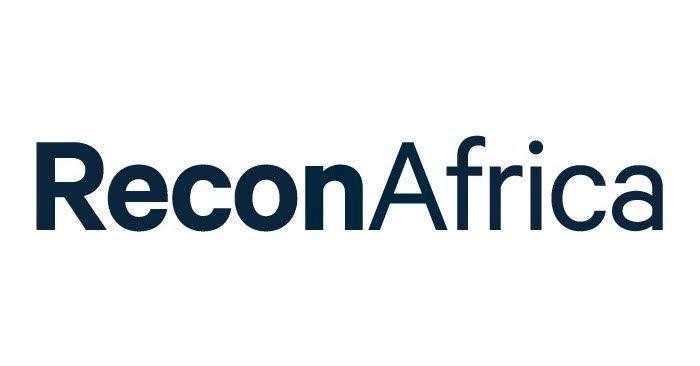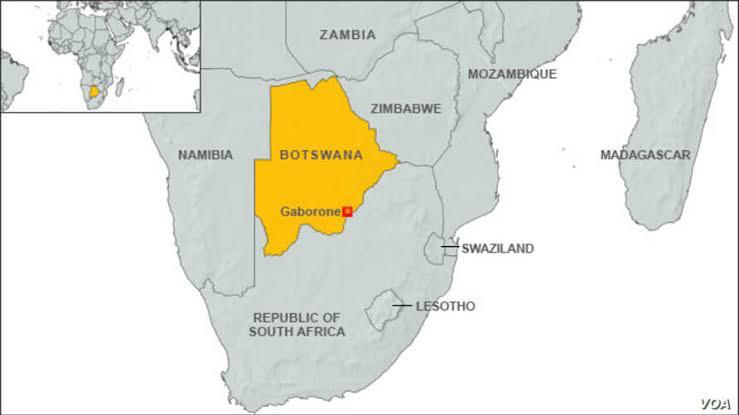The Government of Botswana has set some fuel restrictions as the country continues to experience a shortage of fuel.
In an address to the nation on Thursday last week, President Dr Mokgweetsi Masisi said the government will be reviewing the operating hours of fuel stations and ration the sale of fuel as part of the measures being taken to stabilise the supply and demand for fuel in the country.
The restrictions do not apply to emergency and public transport vehicles. He also enjoined the general public to give priority to frontline workers at filling stations.
Part of the plans by the President as stated in his address is that the government has drafted short-term and long-term solutions that will combat the fuel shortages. This includes tapping into the country’s strategic fuel reserves, which normally covered 12 days.
He reiterated the government’s commitment to sourcing for additional importation routes, in Namibia and Mozambique. He said the National Oil Company is in advanced talks on negotiations for fuel through Namibia and Mozambique.
The reason for this shortage is due to a drop in supply from South Africa with 90% of the country’s fuel imports coming from South Africa and the other 10% from Botswana and Namibia.
The breakdown of inland refineries in South Africa and the strike action by truck drivers in the country have not only affected Botswana but has affected South Africa too and the country is also failing to meet its local demand.
These are some of the restrictions from the President’s address
- Each car would fuel at a maximum cost of P250.
- Purchase of fuels in jerrycans are limited to Thursdays alone and there shall be no sale of petrol in drums or large containers.
- The government may consider reducing the speed limit on highways as speeding contributes to high fuel consumption.
- The public is encouraged to use public transport or the carpooling method and to walk or cycle to their destinations if they can.
He said government representatives have been in talks with their counterparts in South Africa to find lasting solutions to the problem. The local private sector is also working closely with the government to find a lasting solution to the problem.
Excerpts from the President’s address:
“Locally, one of our challenges has been that during the lockdown, fuel stock levels of oil companies were very low because there was very little activity due to the movement restrictions and as such they did not replenish their stocks on time.”
“Even if we opted to rely more on Botswana Railways to deliver our fuel, at the moment we would still not get enough as a result of the rationing at the sources.”



